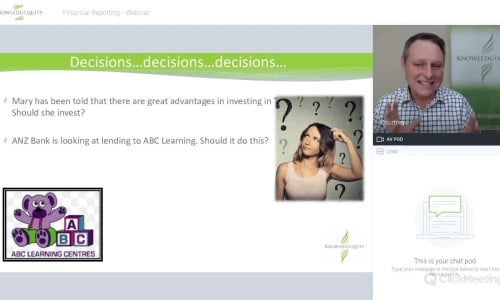See all KnowledgEquity - Support for CPA transcripts on Youtube

CPA FR Module 1 - Role and Importance of Financial Reporting
10 minutes 37 seconds
🇬🇧 English
Summaries Topics Transcript Chapters Titles Socials Twitter Blog Post Newsletter Quotes Quizzes Ask ChatGPT

Omnivision Solutions Ltd
- Getting Started
- Create Transcript
- Pricing
- FAQs
- Recent Transcriptions
- Affiliates